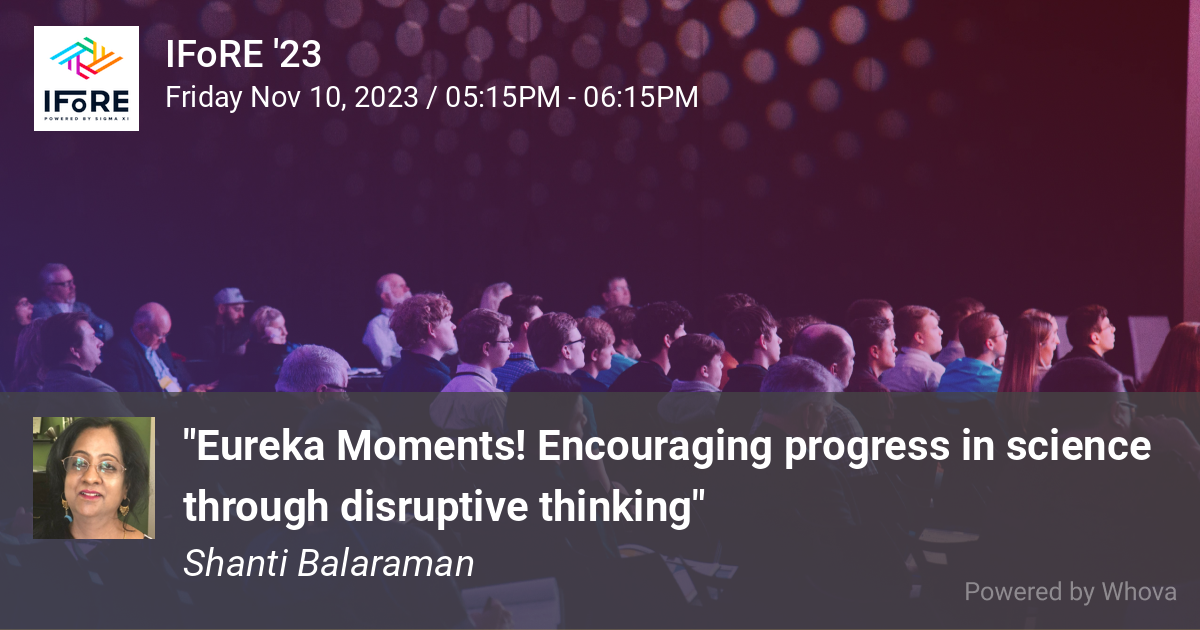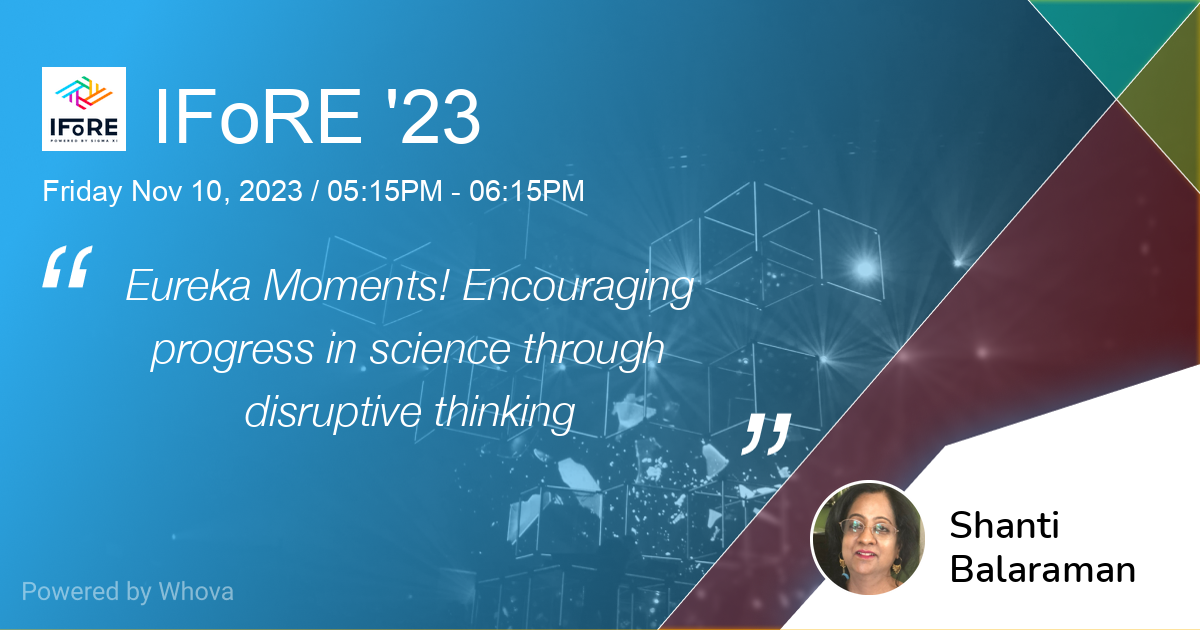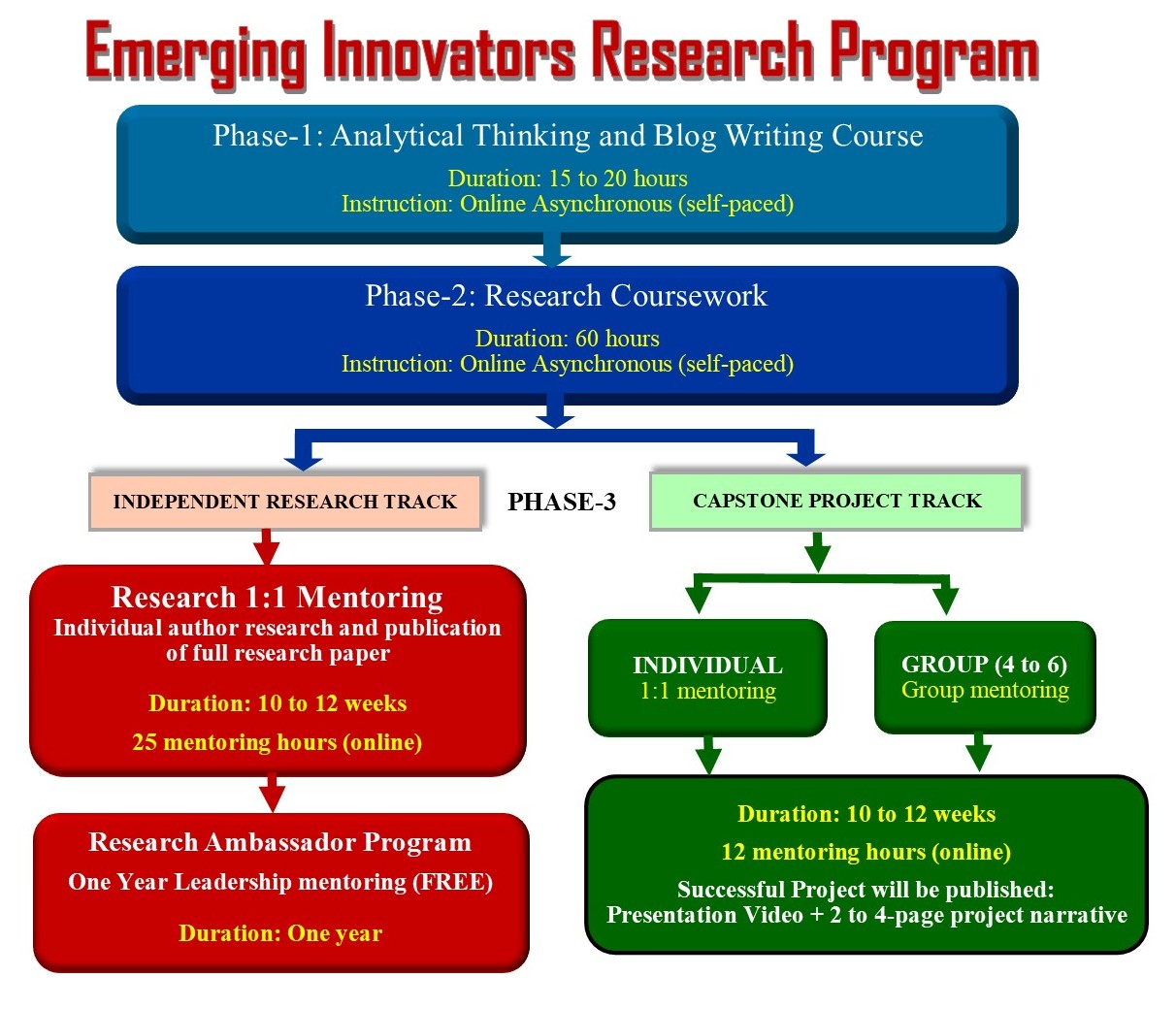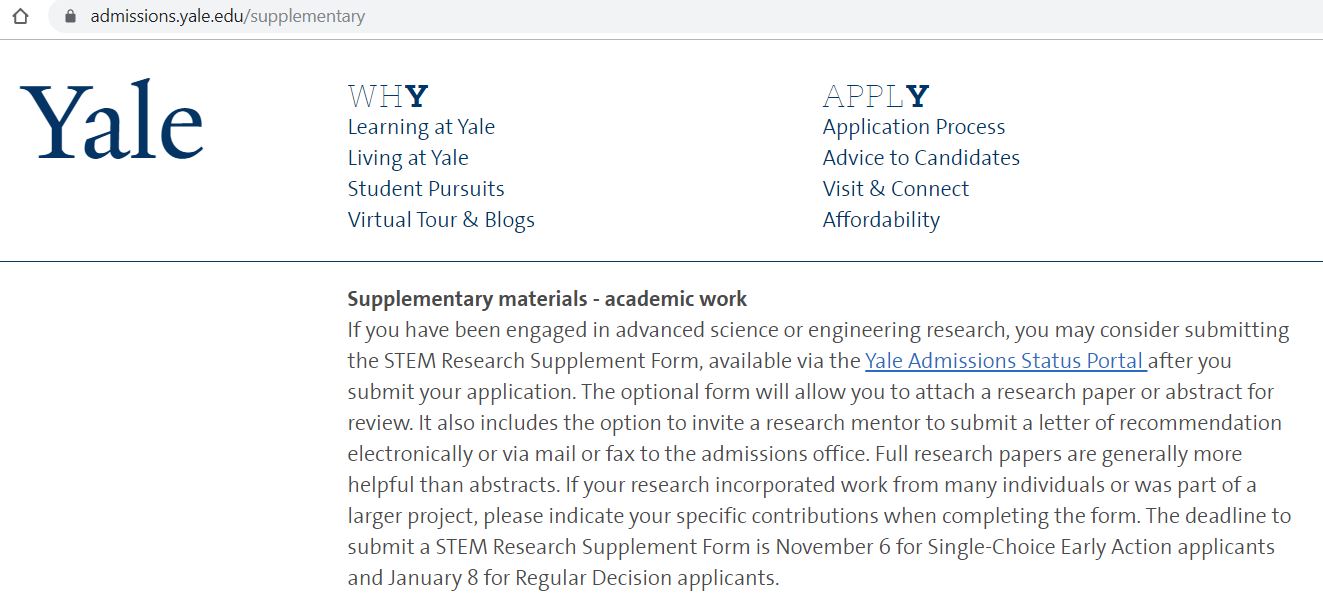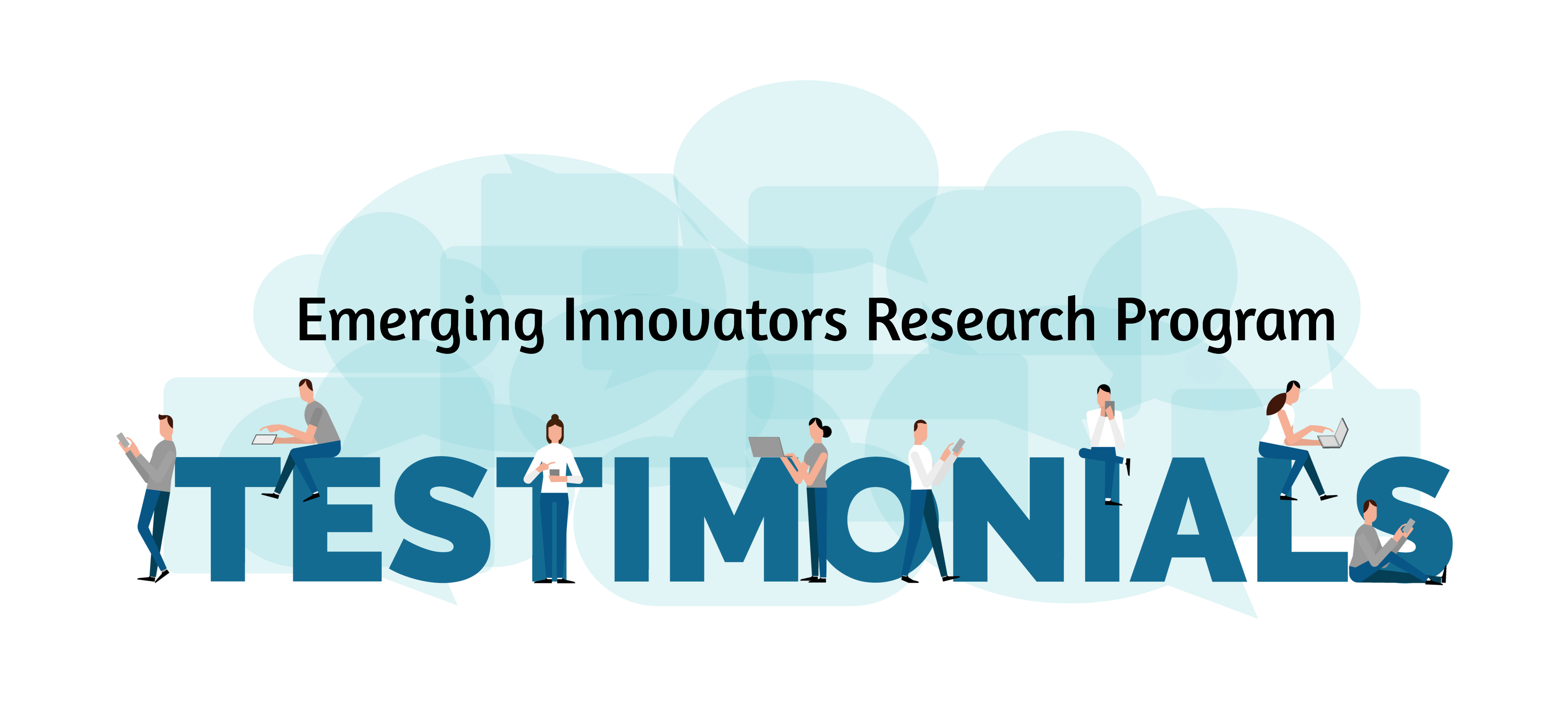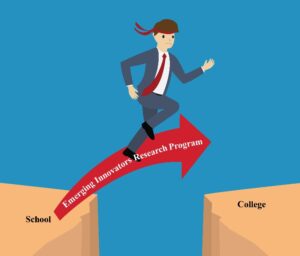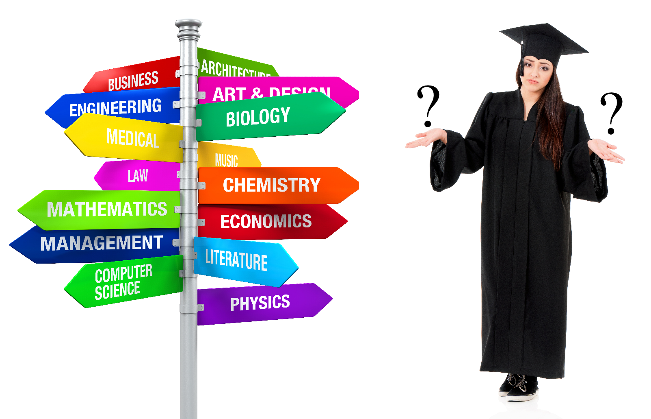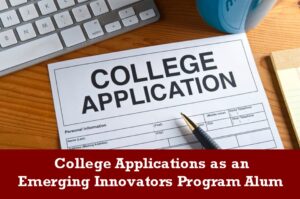Emerging Innovators Research Coursework
Educate to Innovate
“Innovation cannot be taught like math, writing, or even entrepreneurship. But it can be inculcated with the right skills, experiences, and environments.” - Deba Dutta, provost and executive vice president for academic affairs and diversity at Purdue University.
High School Students: If you have successfully completed the Analytical Thinking and Blog Writing course, then you are eligible for this Emerging Innovators Research Coursework.
To take the "Analytical Thinking & Blog Writing Course" click HERE.
Emerging Innovators Research Program - Coursework
This is a unique on-demand asynchronous learning opportunity to instill the right skills needed for innovation and the carefully crafted activities builds the right experiences.
Across every industry/field there is a dire need for new ideas that could help increase the productivity, efficiency, effectiveness, and profitability.
Major focus of our education system is to teach the facts and how to apply and experiment with those facts. The exploration is also limited within those boundaries. Which is often referred to as “Thinking inside the box”. While this approach has helped us to understand and specialize on the things that are within the box, it is not sufficient to meet the needs of the 21st century.
We need disruptive thinkers capable of deciphering the problems to its root causes and discover new ideas and strategies from the vast uncharted territories of the natural world.
With the need for fast solutions, we need the next generation of change-makers to adopt the latest comprehensive thinking methodology to craft sustainable solutions which will minimize the time and resources needed for perfection.
Pre-requisite for High School Students: Completion of the Analytical Thinking and Blog Writing Course (no pre-requisites for college students and professionals)
Eligibility: This course can be taken by any curious learner. In a pursuit to create many disruptive innovators this course extends to high school students, college students, and professionals.
Timeframe: Learn at your own pace. Complete the course within 3 months.
Cost:
- $399 - no grading or certificate
- $499 - with grade & certificate (grading is required to pursue the next level)
Grading: Scores will be reported as percentage in the certificate
Curriculum Overview
Chapter-1: Understanding transformational innovations
- Unit-1: The waves of innovation
- Unit-2: Driving force behind the next era of transformation
- Unit-3: The Evolution of Innovative Thinking
Articulates transformational innovation with an economic perspective. Analyzes the driving forces - needs, challenges and constraints, and the thinking methodologies of the past, present, and the future.
Chapter-2: Discovery to Applied Science
- Unit-1: Learning from Nature
- Unit-2: Sustainable Innovation Methodology: Biomimicry – Forms (4 Lessons)
- Unit-3: Sustainable Innovation Methodology: Biomimicry – Process (3 Lessons)
- Unit-4: Sustainable Innovation Methodology: Biomimicry – Systems (3 Lessons)
Assignments help practice disruptive thinking, develop investigation skills, and more! Includes real-world examples from various Industries and Sectors with details on the problems addressed and the approaches to their scientific discoveries and solutions. Also, highlights how nanoscience/nanotechnologies are being used in many of these solutions.
-
-
- Adhesives – chemical free
- Agriculture
- Automobile – aerodynamics, energy efficiency
- Bio-Medical – clinical tools, disease control, Organ transplant
- Construction Materials
- City Planning and Architecture
- Energy – Production, Distribution, Conservation
- Manufacturing – ecosystem/supply-chains
- Technology – Artificial Intelligence/Machine Learning, Robotics,
- Transportation – Railways / Shipping / Airline
- Water management
-
Chapter-3: Designing Solutions
- Unit-1: Green Chemistry – Design of chemical products and processes that reduce or eliminate the generation of hazardous substances.
- Unit-2: Industrial Designing – Design Phases, Best Practices and Principles
Takes a chemistry perspective to analyze the status of the current world around us. Delves deep into the design approaches to innovation in chemistry. Covers industries such as Pharmaceuticals, Textiles, Materials Engineering, etc., with clear explanation of the current and future needs/trends.
Lays a basic foundation in the industrial designing process and principles. Demonstrates the critical role of a designer in bringing ideas to reality and inspires with the opportunities to make a positive impact to both humanity and the planet!
RESEARCH COURSEWORK
Proceed to Registration
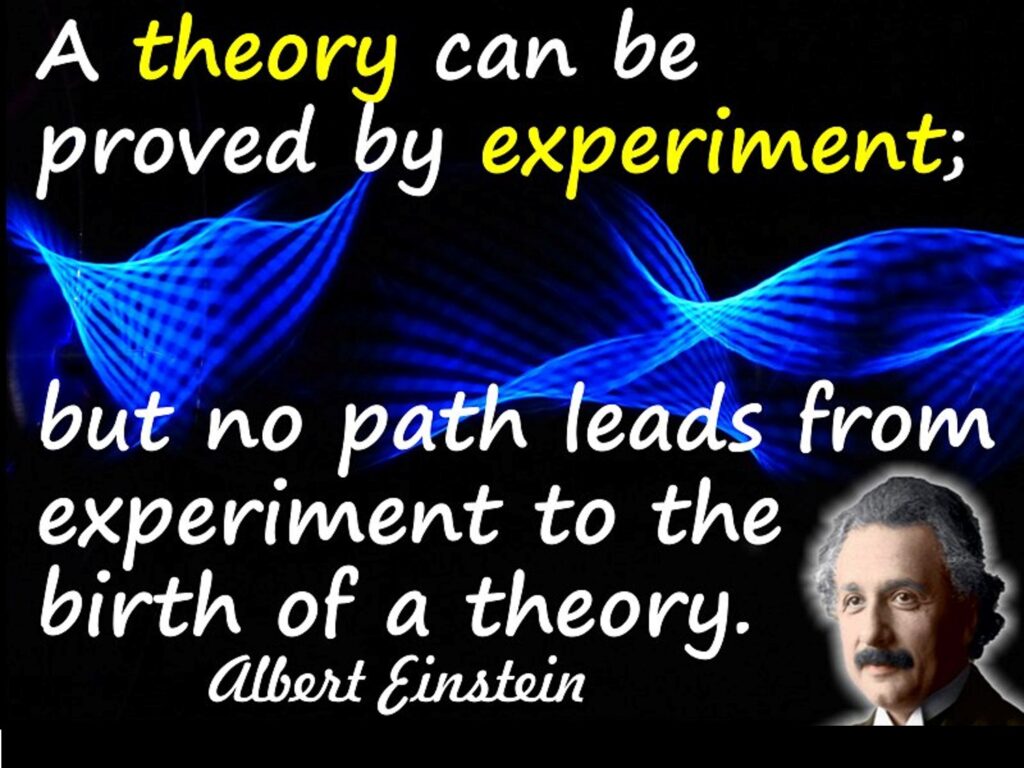
INSTRUCTOR & MENTOR:
Shanti Balaraman is a leading researcher, innovator, and thought leader in the field of transformative education and disruptive thinking. As the co-founder and CEO of the Children's Innovation Center, she is committed to empowering young minds to think creatively and make new discoveries through innovative, sustainable solutions.
With a wealth of experience in the technology industry, Shanti is dedicated to training young minds to think critically and creatively, and to become change-makers in their communities. Under her leadership, the Children's Innovation Center has been instrumental in developing sustainable solutions and fostering the next generation of leaders and change-makers.
Shanti's research and innovative approach to education has been instrumental in shaping the future of education and empowering young people to reach their full potential. She is deeply committed to making a positive impact in the world through education and technology and dedicated to empowering teens and young adults.
Ms. Shanti Balaraman, is the President of Stanford University Chapter of Sigma Xi - The Scientific Research Honor Society. She is devoted to the promotion of research in science and helps students build the skills needed to conduct scientific research and develop innovative solutions to solve real-world problems. https://sigmaxi.stanford.edu/
BENEFITS:
- The Coursework and the Published Research Article could be mentioned in the college applications, as it adds weight for Science, Engineering, and Business majors
- Students Research Work/Article could be used for High-School Research/Capstone Project. It also meets the CAS project and/or the Extended Essay requirements for IB graduation.
- Students could present their research work at various conferences and events.
- Students could take their newly acquired knowledge to next steps, and compete in any science / design competitions or even start their entrepreneur journey to implement a real-world solution.
Depending on the colleges and based on their supplementary questions in the application, student's research experience and findings/article could be mentioned as a response to several types of questions, as it helps to demonstrate student's intellectual curiosity and intellectual vitality, demonstrates passion and ability to solve real-life problems.

Individual Author Research Article Publishing Opportunity
(Colleges prefer to see research publication when the student is the primary author)


Emerging Innovators Research Publication - Online Science Journal
High School Students Research Articles reviewed by professionals (not peer reviewed) and then published.
This is the only science journal focused on human-centric solutions, which requires interdisciplinary knowledge application and requires students to use "Design Thinking" or "Whole-System Design Thinking" process.
Join me at the International Forum on Research Excellence!
#IFoRE23 #DisruptiveThinking #breakthrough #science #innovations
